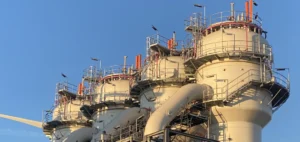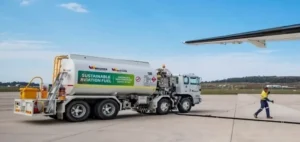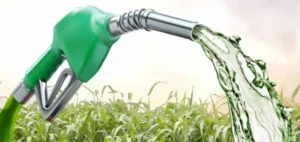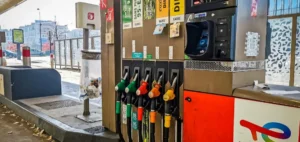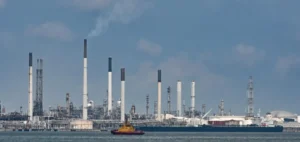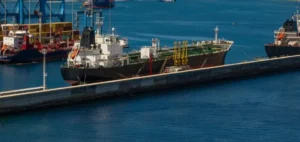The Druzhba pipeline is resuming pumping in the Ukrainian section after a partial suspension, according to the Russian operator Transneft.
Multiple disruptions
The Druzhba pipeline stopped pumping while Russia was bombing Ukraine. In addition, the nuclear power plants were closed. This decision caused power cuts on the other side of the border, in Moldova.
Druzhba has a pumping capacity of over 2 million barrels per day (bpd). As such, it is one of the largest pipelines in the world. It supplies Russian oil to several Central and Eastern European countries such as Poland, Germany and Hungary.
The Russian-Ukrainian conflict repeatedly disrupted the operation of the Druzhba pipeline. As a result, supplies to Hungary and Slovakia from the southern branch of the pipeline have been temporarily suspended. In addition, Hungarian Foreign Minister Peter Szijjarto expects further disruptions.
An energy dependency
He states that Hungary is heavily dependent on Russian energy imports. Thus, the country would seek exemptions from any European Union price caps. This initiative concerns oil and gas supplied by pipelines such as Druzhba.
Hungary states that this decision was made in the context of long-term contracts. In addition, a contract with the Russian company Gazprom is under consideration. In addition, Russia indicates that it would not supply oil to countries introducing a price cap.
MOL is the leading Hungarian oil and gas group. The company said last week that it would temporarily reduce fuel deliveries to some retailers. It would do so because oil supplies from Russia are substantially below normal levels.





